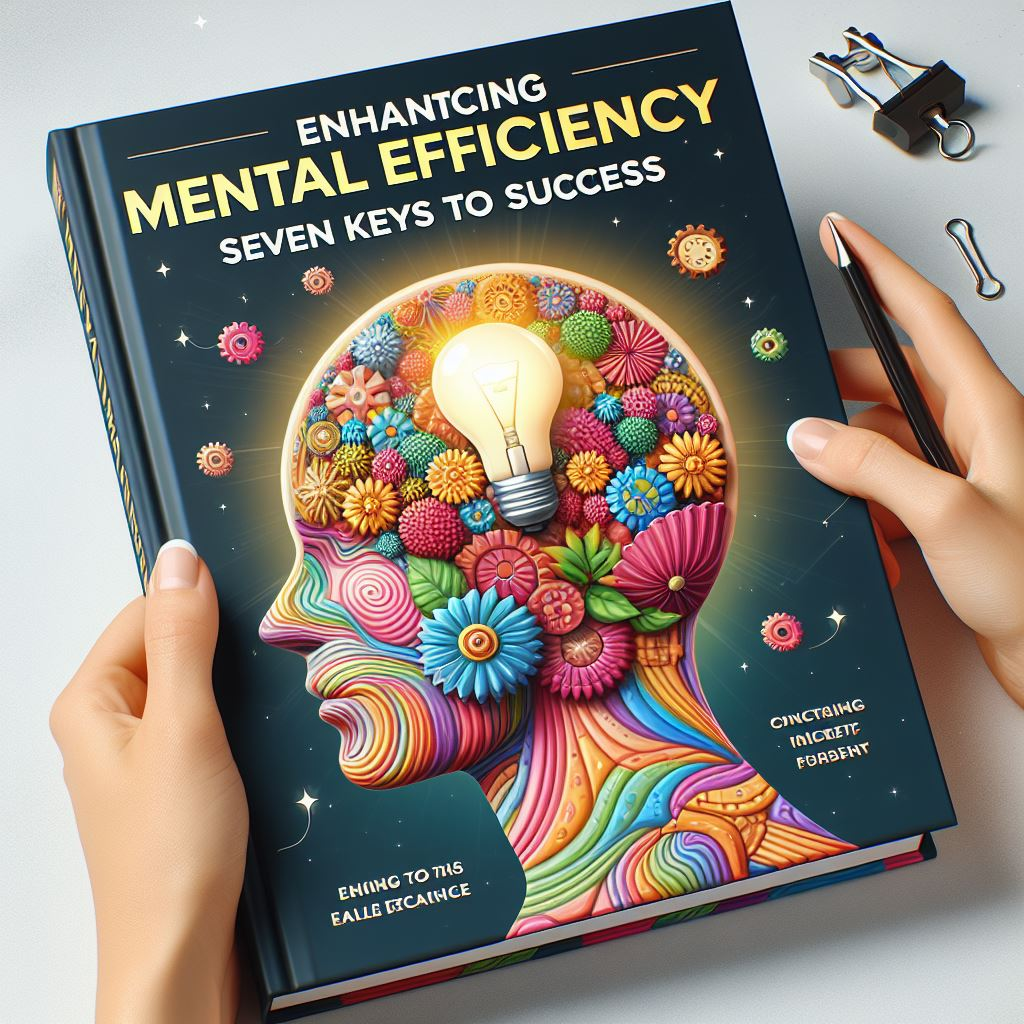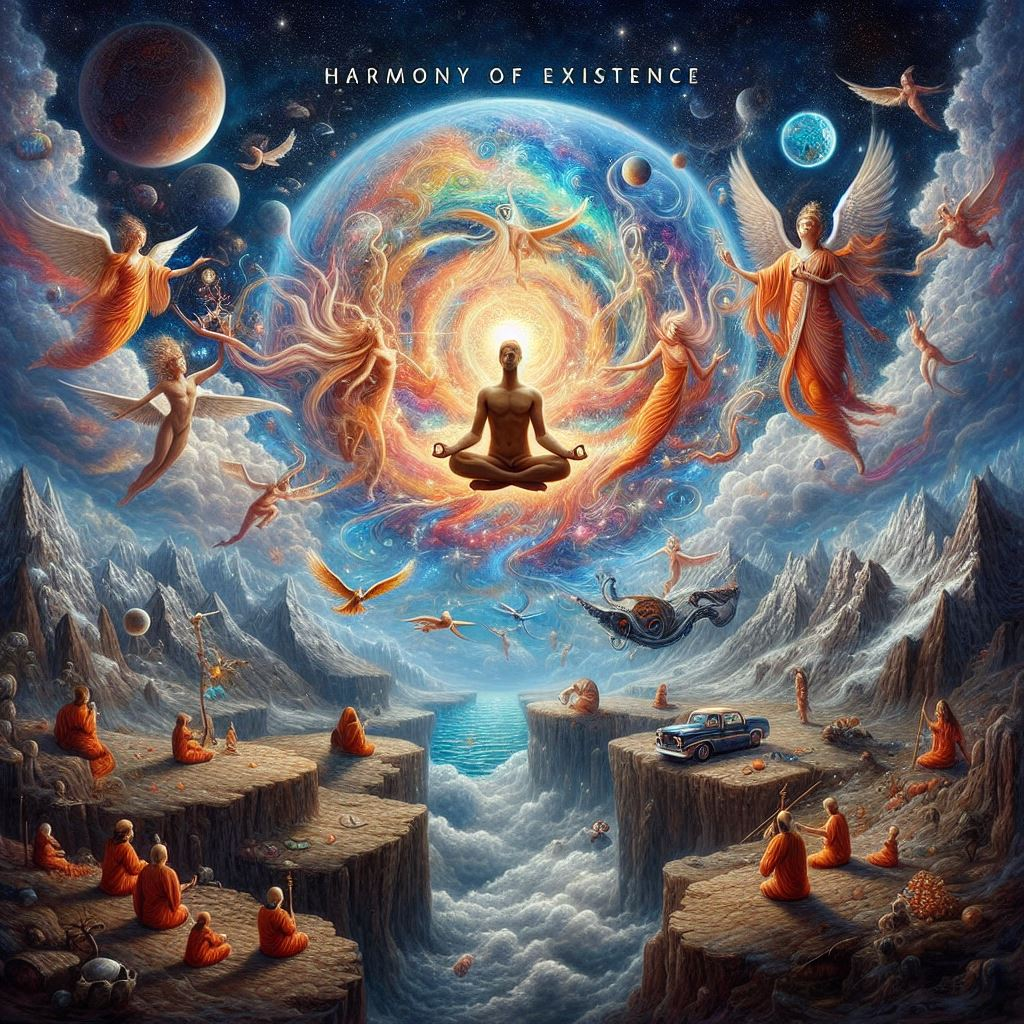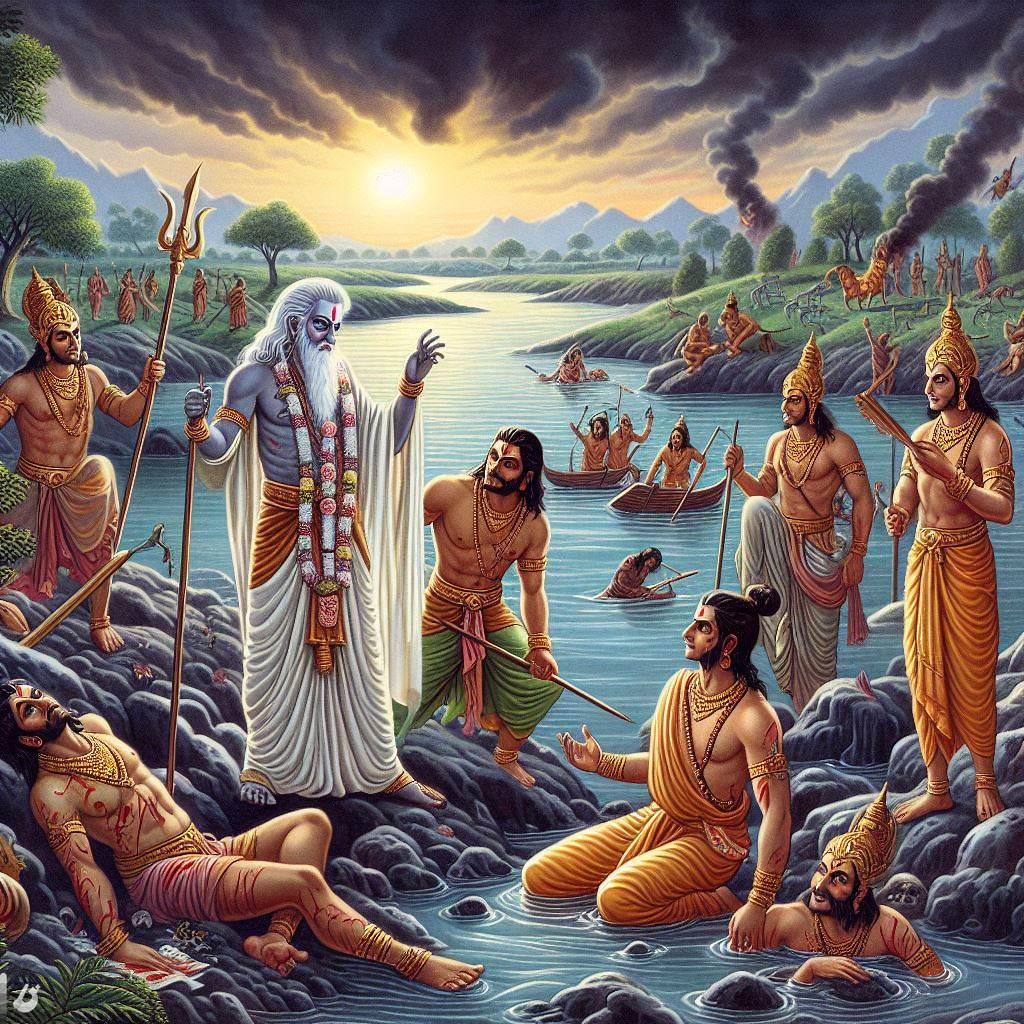Enhancing Mental Efficiency: Seven Keys to Success
1. **Engage Your Full Potential:**
Fully utilize your capabilities and talents
to tackle challenges and pursue your goals.
2. **Persist and
Persevere:**
Keep pushing forward despite obstacles and
setbacks, maintaining your focus on long-term objectives.
3. **Define and Pursue
Your Dreams:**
Identify your aspirations and actively work
towards achieving them with determination.
4. **Serve the
Community:**
Contribute positively to society,
recognizing the value of serving others in your path to success.
5. **Leverage
Support:**
Seek assistance from others when necessary,
understanding the power of collaboration and teamwork.
6. **Commit to Total
Effort:**
Dedicate yourself entirely to your
endeavors, recognizing that true success demands unwavering commitment.
7. **Live Each Day
Fully:**
Approach each day with the mindset of making
the most out of it, conducting your affairs with purpose and urgency.
Seven
Strategies to Boost Mental Efficiency
By Dr. Clive D. Hurley
1. **Cultivate Intellectual Stimulation:**
Engage with literature and material that
challenge your thinking and expand your language skills.
2. **Sharpen Your
Observational Skills:**
Train yourself to observe details keenly,
enriching your understanding of the world around you.
3. **Foster Critical
Thinking:**
Stimulate your mind by asking questions and
analyzing information critically, nurturing a habit of intellectual curiosity.
4. **Embrace
Curiosity:**
Cultivate a mindset of continual learning
and exploration, fostering a proactive approach to acquiring knowledge.
5. **Enhance Memory
Techniques:**
Utilize effective memory strategies such as
interest, trust, repetition, comprehension, and association to improve
retention.
6. **Embrace Open-mindedness:**
Remain receptive to diverse perspectives and
be willing to learn from individuals regardless of differences, recognizing the
value in humility and openness.
7. **Master
Concentration:**
Minimize distractions, exercise willpower,
and sustain interest to sharpen your focus and optimize productivity, employing
deliberate techniques such as occasional breaks for rejuvenation..
Journey to Self-Realization: Insights from
Hindu Scriptures"
In Hindu philosophy, the scriptures emphasize the profound importance of meditating on the Self as the key to attaining Moksha, unlocking the door to Brahman, the Supreme Universal Soul. Despite the indefinable nature of the Atman, the finite human mind can grasp its concept through tangible attributes. Srimad Bhagavatam, 7th Skandha, chapter 7, outlines 12 supreme signs that serve as a guide to recognizing the Self's essence.
**Intellectual
Appreciation and Practical Application:**
The wisdom
encapsulated in the scripture encourages not only intellectual appreciation but
also the practical application of these principles in our daily lives. From
inherent spiritual knowledge (jnana), the goal is to move beyond conceptual
understanding and realize the Self for what it truly is.
1. **Eternal:**
Our inner core, the Self, is eternal,
transcending the changes in personality. While external traits may evolve, the
true Self remains constant.
2. **Without Decay:**
Amidst the changes and aging of the body,
the Atman persists in the eternal present, untouched by the passage of time.
3. **Pure:**
The true essence of the Self is pure,
untarnished by external influences, representing the unblemished core of our
being.
4. **Oneness:**
Unlike the divisible nature of the body, the
Self is undivided, representing the Universal Soul that exists everywhere as
Brahman.
5. **A Witness:**
Beyond the intellect, there exists a
presence, the witness to our thoughts and reflections, allowing a deeper
understanding of the Self.
6. **Refuge:**
Seeking refuge within, one can find an
enduring peace, a sanctuary within the Self that remains constant amid life's
fluctuations.
7. **Without Transformation:**
As the substratum of all existence, the Self
remains unaltered, standing as a witness to the transient nature of life.
8.
**Self-Illuminating:**
Transcending the awareness associated with
the body, recognizing the Self reveals the source of the concept of life
itself.
9. **Cause Behind
All:**
The transcendent consciousness of Atman
provides answers to the origins of creation and the nature of Being.
10. **Pervasive:**
While the Self is realized within, it also
pervades everything as Brahman, existing everywhere and at all times.
11. **Not Touched:**
Unchanging and unaffected, the Atman
remains impervious to external influences, whether joy or sorrow.
12. **Not Covered by
Contamination:**
Free from the manifestations of the
physical, subtle, and causal bodies, the Atman remains uncontaminated.
Meditating on each
sign individually reveals a presence behind our experiences. Identifying with
this presence in our lives leads to the realization of the Infinite Truth, the
sole link binding all experiences together. Recognizing and understanding the Self
is the ultimate purpose of life, offering a profound connection to the
Universal Soul.
IF HE EXIST
I drive joy there was a doctor in Benaras who
spent 7 minutes in the morning and evening for mediation on God. Knowing this,
his colleagues and friends laughed at him. One day they argued that he was
wasting 7 precious minutes on something, which he had been misled into
believing. The doctor replied, “Well, if God does not exist, I agree that I am
wasting 7 minutes a day. But, if He exists? I am afraid you are wasting your
entire lifetime. I prefer to waste 7 minutes rather than a lifetime. Why should
you grudge me the 7minutes joy that I derive 4m.-
ILLUSTRATED REVIEW
:7thheaven moment of the week Bopanna
won AO double on score 777 , England hardly got 7 wk in an innings

































